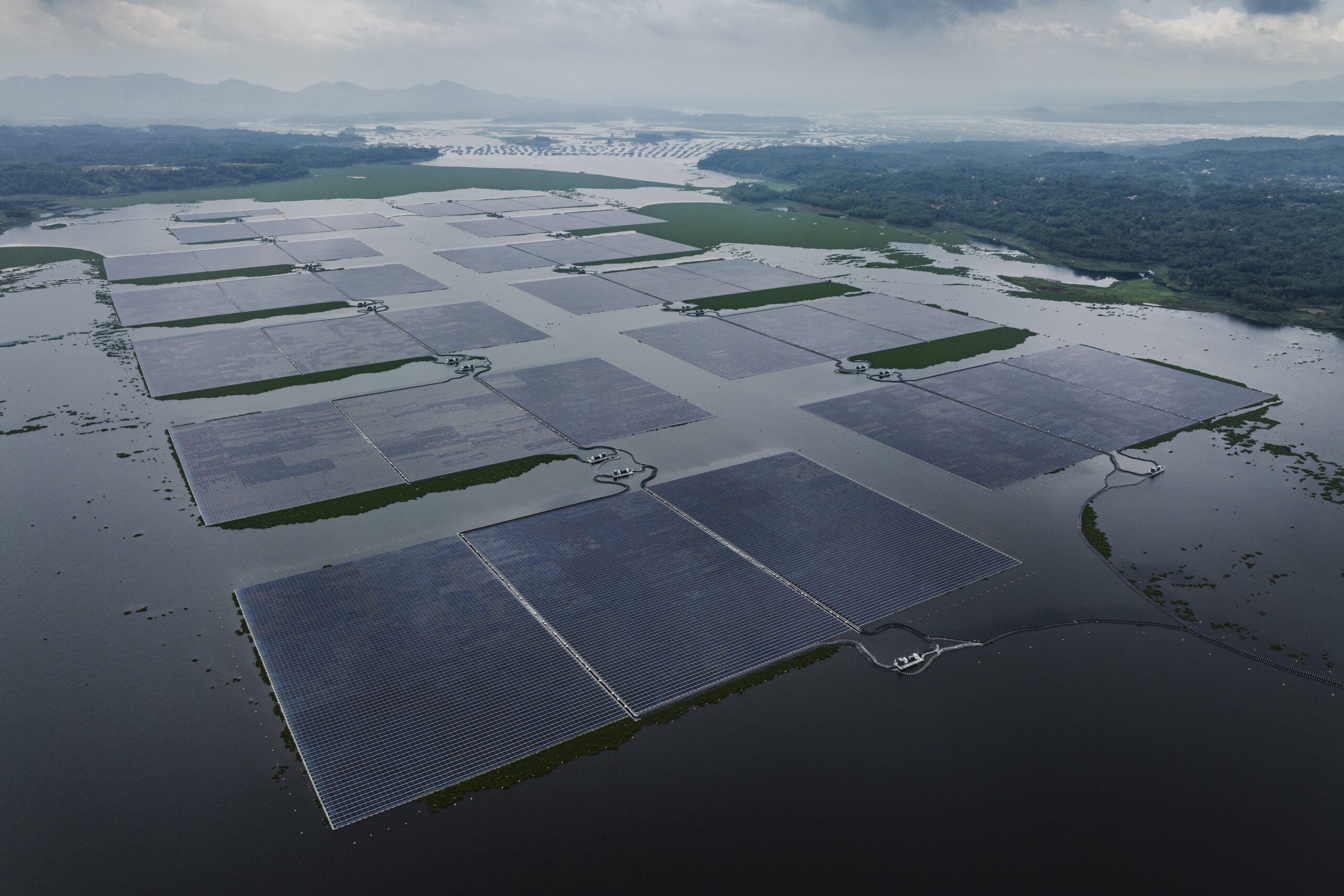-
ECSP Weekly Watch | January 27 – 31
›
A window into what we’re reading at the Wilson Center’s Environmental Change and Security Program
Declining Fish Stocks Threaten Lake Tanganyika Fishing Communities (Al Jazeera)
For the millions who live on the shores of Lake Tanganyika, fishing is a way of life that has sustained generations. However, recent declines in fish production in the world’s largest freshwater lake have devastated Tanzania’s fishermen and prompted questions of the sustainability of the decades-long practice.
-
Can China Fuel Indonesia’s Clean Energy Transition?
›China and the Global Energy Transition // China Environment Forum // Guest Contributor // Vulnerable Deltas // January 30, 2025 // By Jacob DreyerIndonesia’s economy is on a roll. The archipelago nation harbors ambitions for 8% growth a year on its growing strength as an exporter of coal, palm oil, LNG, and stainless steel made from its booming nickel mining industry.
Investments from China are driving this growth—and run the gamut from traditionally dirty industries (mining, steel, and aluminum) to the crown jewels of Chinese clean energy tech: batteries, electric vehicles (EVs), and solar panel production. In 2023, Xinyi Glass, the world’s largest solar PV panel maker, announced an 11.5 billion USD investment in a quartz sand processing plant in Indonesia.
-
Could Japan and the US Support Latin America’s Critical Minerals Sector?
›
Cobalt, lithium, and copper are the critical minerals necessary to produce rechargeable lithium-ion-based batteries, and they are central to the electric vehicle (EV) supply chains in the energy transition. The importance of these minerals—and China’s strategic control of them—now compels the United States and its allies to diversify their supply chains for this essential resource.
-
ECSP Weekly Watch | January 20 — 24
›
A window into what we’re reading at the Wilson Center’s Environmental Change and Security Program
Placing Water at the Heart of Climate Action (Relief Web/Netherlands Red Cross)
It may be true that water is life. But equally true is that roughly 90% of natural disasters—and the havoc they wreak—are water-related. A recognition that these disasters are intensifying in a warming world has led the Netherlands Red Cross to create Water at the Heart of Climate Action (WHCA): a program to tackle the intertwined crises of water-related disasters and climate change.
-
A Proposal for SDG 18: Integrating Indigenous Knowledge
›
Fifty-three years have passed since the 1972 United Nations Stockholm Conference on the Human Environment that led to the establishment of the United Nations Environment Program (UNEP). Yet a recent UN report describes the global efforts to meet the Sustainable Development Goals (SDGs) created to articulate aims and track progress over the past decade as “alarmingly insufficient.”
-
Conflict in Sudan: Widespread Sexual Violence
›
This article originally appeared on Enheduanna, a blog of the Wilson Center’s Middle East Women’s Initiative.
Only a few years ago, the world celebrated the women-led revolution in Sudan that ousted the former dictator Omer El-Basher after 30 years in power. Women were fed up with his government. Those who used to live in the urban areas experienced the humiliating public order laws: they were arrested and flogged for wearing trousers or walking around with no headscarves.
-
ECSP Weekly Watch | January 13 – 17
›
A window into what we’re reading at the Wilson Center’s Environmental Change and Security Program
The Success of Community-based Conservation in Africa (Yale 360)
Across Africa, herders once seen as threats to wildlife have now become vital conservationists. In a transformative shift from “fortress conservation” to community stewardship, they are protecting iconic species like elephants and lions as they coexist with their livestock.
-
When Going in Circles is a Virtue: “The Circular Economy”
›
As an economic model that emphasizes the continual use of resources by rethinking waste and product design and promoting a shared economy mindset, the “circular economy” (CE) now resonates across a wide range of stakeholders—including key players in the private sector, major environmental groups, individual countries, multilaterals, and donors. Yet progress in adopting CE among developing nations has been slow and uneven.
Showing posts from category meta.










